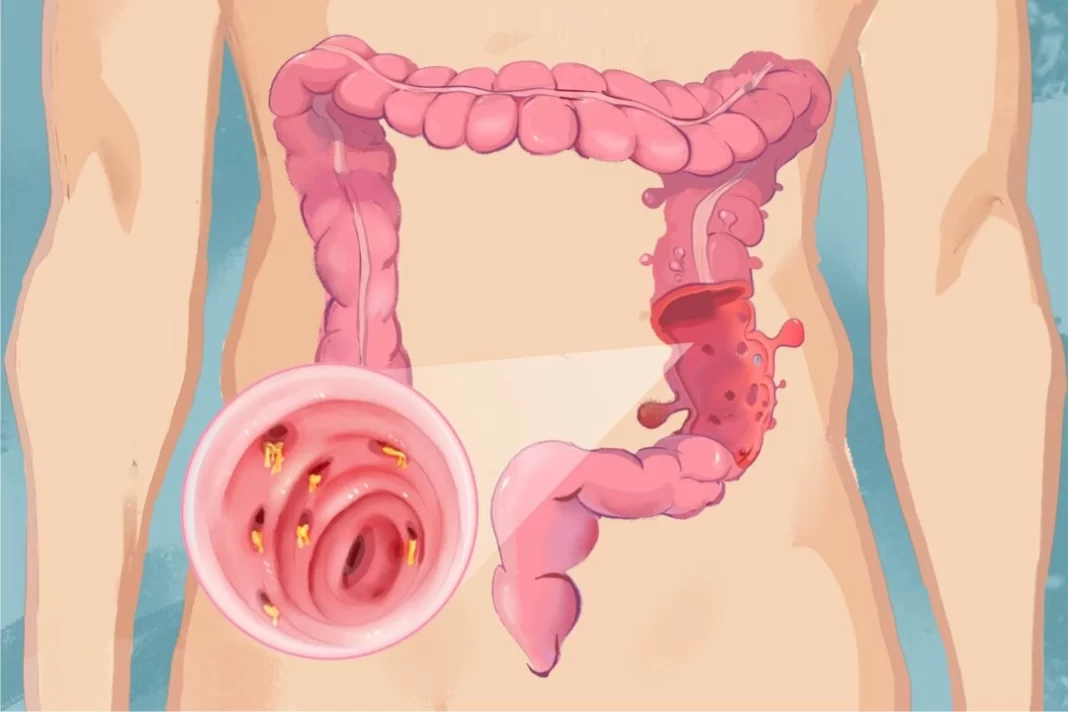Over half of Americans aged 60 and above have pouches called diverticula in their colons, which can become inflamed or infected (diverticulitis).
Diverticulitis is a condition characterized by severe abdominal pain and inflammation—sometimes with infection—due to blocked pouches in the colon. It leads to over 200,000 annual hospitalizations and almost twice that many emergency department visits in the United States. Surprisingly, over 50 percent of Americans aged 60 and above, and over 60 percent of those aged 80 and above, have pouches called diverticula in their colons, a condition known as diverticulosis. Less than 5 percent of those with diverticulosis develop diverticulitis.
Diverticulitis increased by 50 percent in the United States from 2000 to 2007, particularly in younger people, with this surge linked to factors like obesity, diet, and physical inactivity.
This prevalence underscores the significance of recent evidence challenging the conventional approaches to diverticulitis and questioning the standard use of antibiotics, surgery, and dietary guidance.
What Are the Signs and Symptoms of Diverticulitis?
Diverticulitis arises when diverticula become inflamed or infected. Common signs of diverticulitis include:
- Abnormally high number of white blood cells
- Elevated C-reactive protein (CRP) or erythrocyte sedimentation rate (ESR)
- Computed tomography (CT) scan showing inflammation and thickening of the fatty tissue around the colon or bowel wall and inflamed or infected pouches in the colon, characteristic findings of diverticulitis that do not typically indicate another condition
- Blood in the stool
- Fever
- Rapid heart rate
- Low blood pressure
- Abdominal or rectal tenderness
Symptoms, which can vary widely, include:
- Abdominal pain, typically in the lower left, but more often the upper right for those of Asian descent
- Abdominal distension
- Loss of appetite
- Nausea or vomiting
- Constipation or diarrhea
- Painful or difficult urination
- Cramping
Acute diverticulitis is serious and can be life-threatening, so prompt medical attention is crucial.
What Causes Diverticulitis?
For years, experts linked diverticular disease to a low-fiber diet, which can lead to hard stools and increased colon pressure, potentially damaging the colon’s wall. Understanding this sets the stage for exploring two key theories proposed to explain the onset of diverticulitis across different age groups.
By Terri Ward









